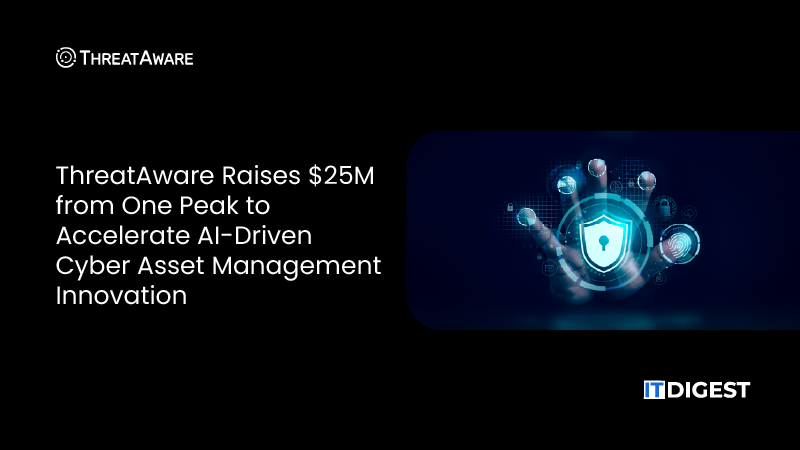Product integration automatically identifies and removes unused and dead code based on production runtime information
Azul, the only company dedicated entirely to Java, and Moderne, a leader in automated code refactoring and analysis, have announced a strategic partnership aimed at enhancing the productivity of Java development teams. Together, they will simplify the identification, removal, and refactoring of unused and dead code, helping organizations accelerate their modernization efforts and improve overall development efficiency. The collaboration combines Azul’s in-depth runtime insights and Java expertise with Moderne’s advanced platform for automated, rules-based multi-repository code refactoring, offering a powerful solution to keep Java applications secure, maintainable, and primed for future updates.
Recent findings from Azul’s 2025 State of Java Survey & Report reveal that 62% of Java professionals acknowledge that unused or dead code negatively impacts DevOps productivity. Additionally, 33% of respondents report that more than half of their DevOps team’s time is wasted dealing with false positives from Java-related security vulnerabilities. To address these challenges, Azul and Moderne have integrated their technologies to bridge runtime data with automated code remediation. Through Azul’s Code Inventory feature in Azul Intelligence Cloud, organizations can now pinpoint unused or dead code based on actual production runtime data. Moderne’s platform then leverages this information with an OpenRewrite recipe to identify deprecated code and enable precise, large-scale removal.
This seamless integration will significantly reduce the manual effort required by development teams when updating source code and fixing vulnerabilities, especially during major Java upgrades or framework migrations. By eliminating unnecessary code, teams can focus their efforts on maintaining only the application components that matter, streamlining modernization processes and boosting productivity.
Also Read: LambdaTest Launches SmartUI for Next-Gen Visual Testing
Many organizations are undergoing modernization efforts to maintain the security and support of their applications, but legacy codebases often contain dormant or unnecessary code, third-party libraries, and outdated open-source components. Over time, teams may have introduced new features without retiring legacy code that no longer serves a purpose, creating a significant burden during ongoing maintenance and future updates. This situation not only complicates migration speeds but also hinders developer productivity and innovation. As millions of Java applications run across enterprises globally, wasted time spent managing obsolete code can become a major drain on resources.
Jonathan Schneider, co-founder and CEO of Moderne, commented, “This partnership is about more than just identifying unused and dead code—it’s about removing the barriers to meaningful modernization. By combining Azul’s production-aware insights with Moderne’s ability to safely and automatically transform code at scale, we’re giving Java teams a clear path from understanding to action. It’s a model for how runtime data and automated execution can work together to keep codebases lean, secure, and ready for the future.”
Scott Sellers, co-founder and CEO at Azul, added, “While application maintenance is often seen as a mundane task for Java developers, it is absolutely critical for ensuring that applications remain secure and up-to-date on supported modules and infrastructure. By providing a solution for eliminating unused or dead code, based on accurate production runtime data, Java teams can focus their attention on modernizing the application code that truly matters, resulting in a significant boost to developer productivity.”
This innovative partnership stands to transform the way Java development teams manage application maintenance and modernization, offering enhanced efficiency and a more streamlined approach to secure, scalable application upgrades.

































